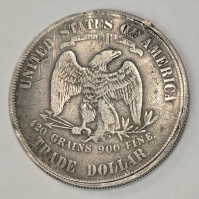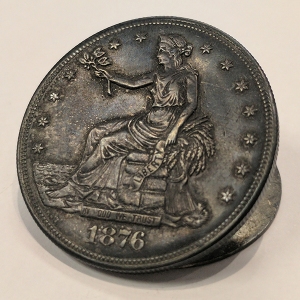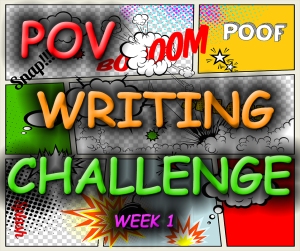
Check out the details for this week’s challenge here.
The crystal pins pricked against Niven’s scalp, and her eyes strained in the corners at the tightness of her swept back hair. Normally, she preferred the more relaxed style of the court – the flowing locks, dresses that didn’t suffocate. slippers instead of rigid heels with laces that pinched her smallest toe. But tonight was her brother’s night. His coronation. The highest ranking lords and ladies had traveled weeks to be here. They all had to be at their best. Even three-year old Letta.
Niven smiled as her sister pranced regally behind their mother, greeting each arrival with a clumsy curtsy and a twirl of her skirts. Her smile relaxed into a resigned sigh. To be that free again.
A light finger tapped Niven’s shoulder, and she sucked in a startled breath, spinning around. A half-quirked smile greeted her, and she laughed, bumping playfully into her brother.
“Jumpy tonight, I see.” Stefan swept her a bow, and Niven returned a curtsy. She couldn’t dip as low as she normally did, the boning of her corset digging into her ribs.
“It is a big night, brother.”
“For me, or for you?” Stefan winked and stepped away, letting himself be swept into the meandering crowd.
Surely he couldn’t mean her engagement. This was his night. If their father had orchestrated this night for that… well. Niven didn’t want to think about it.
Trumpets sounded from the dais and the crowd turned in a hushed wave of rolling attention. Niven shifted her way towards the back of the room, weaving through their guests with nods and half curtsies. She would make her way to the front of the hall from the sides of the room. Slip into her spot at the table with out anyone noticing. Niven was good at avoiding attention. Or maybe everyone was good at ignoring her. Either way, her parents preferred it that way, especially on a day like to day.
For me or for you?
Niven frowned, excusing herself as she trod on a young lord’s foot. What had Stefan meant by that? She glanced up at the head table, and stopped. He wasn’t there. Of all people, he should have been right there, standing next to their father. Niven’s frown deepened and a twist of anxiety clenched her stomach. Her father maintained a perfect court mask as he welcomed the lords and ladies to the event, but even from her spot half way through the room, Niven could see the telltale twitch of his left eye. Concern? Or something else.
A cloth pressed roughly to Niven’s nose from behind as a hand yanked her back.
“For Valen!”
Niven’s ears rang from the yell. Sinuses burned, clouding her vision. The room swirled in a blur of color. Someone screamed. Niven tried to scream, but an arm had looped around her throat. Spots joined the clouds in her vision and she tried to kick back with her feet, but she couldn’t find them.
The force at her throat pulled her away from the crowd. Her eyelids fluttered as she tried to keep them open – but they were so heavy. A moan of despair escaped her lips, the failing of her breath giving in.
“Just relax, love,” the voice whispered in her ear. A familiar voice. A warm voice.
“Stefan?”
The light disappeared.








